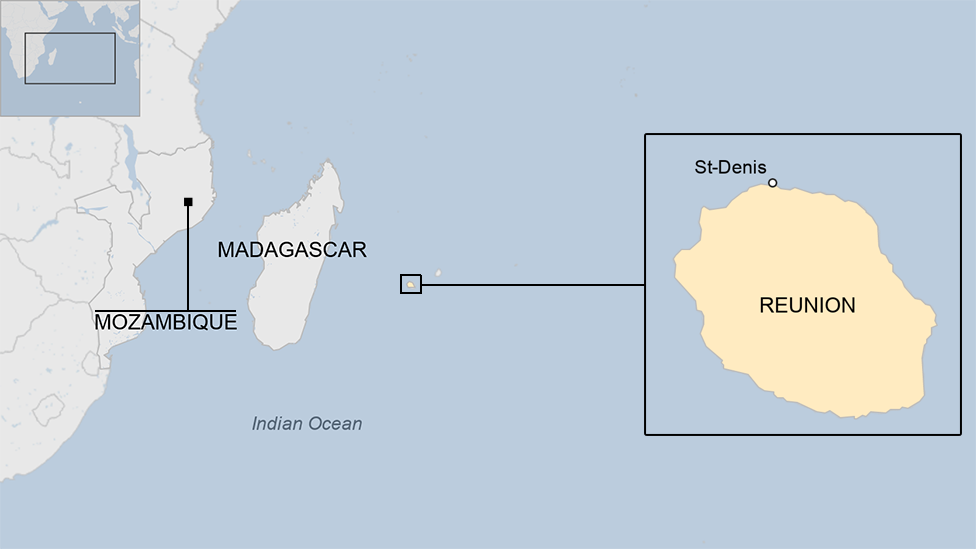Seychelles country profile
- Published
This page is no longer being updated. It was last updated on 21 July 2023
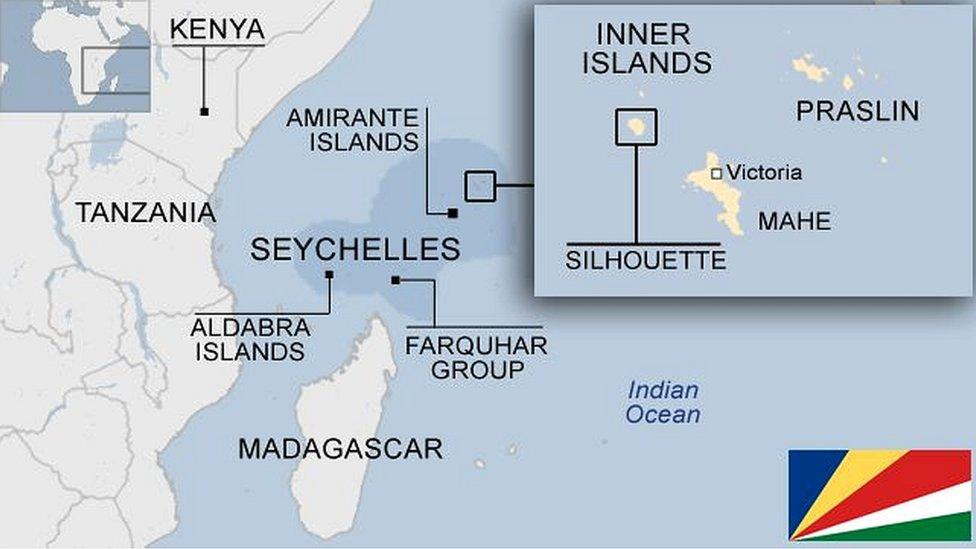
After an ominous, post-independence start which included a coup, an invasion by mercenaries, an abortive army mutiny and several coup attempts, the Seychelles have attained stability and prosperity.
Today the Indian Ocean archipelago enjoys a high per capita income, good health care and education.
The former British colony's economy depends heavily on the fishing industry and upmarket tourism.
It features in the 2017 leak dubbed the Paradise Papers, which reveal the financial dealings of politicians, celebrities, corporate giants and business leaders.
Seychelles also is home to an array of wildlife, including giant tortoises and sea turtles. Much of the land is protected as part of nature reserves.
Read more country profiles, external - Profiles by BBC Monitoring, external
REPUBLIC OF SEYCHELLES: FACTS
Capital: Victoria
Area: 459 sq km
Population: 100,447
Languages: English, French, Seychellois
Life expectancy: 72 years (men) 82 years (women)
LEADER
President: Wavel Ramkalawan
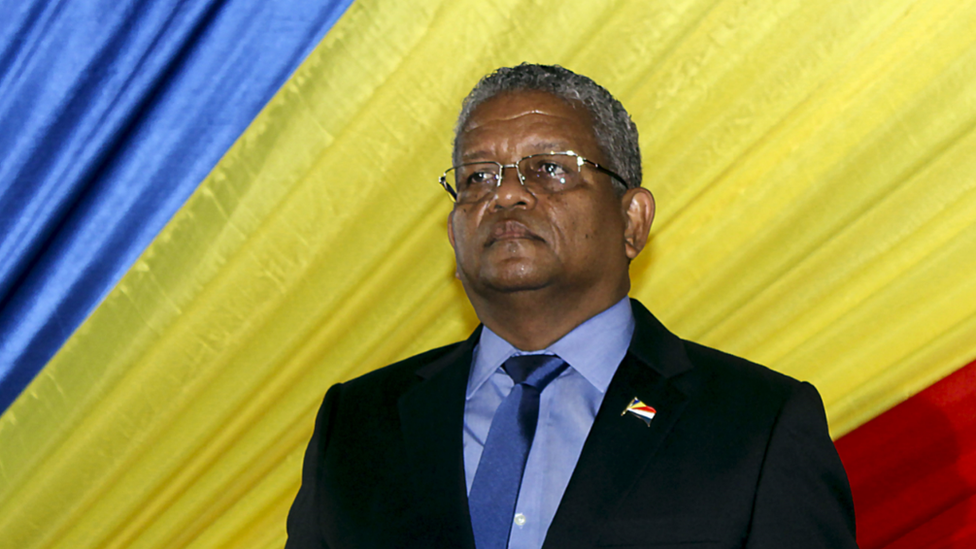
An Anglican priest and veteran opposition presidential contender, Wavel Ramkalawan won the October 2020 election in the first peaceful transfer of presidential power between different parties since independence in 1976.
His Linyon Demokratik Seselwa liberal coalition also increased its parliamentary majority in simultaneous legislative elections.
He took over from President Danny Faure, whose United Seychelles party had held the presidency in various guises since 1977.
MEDIA
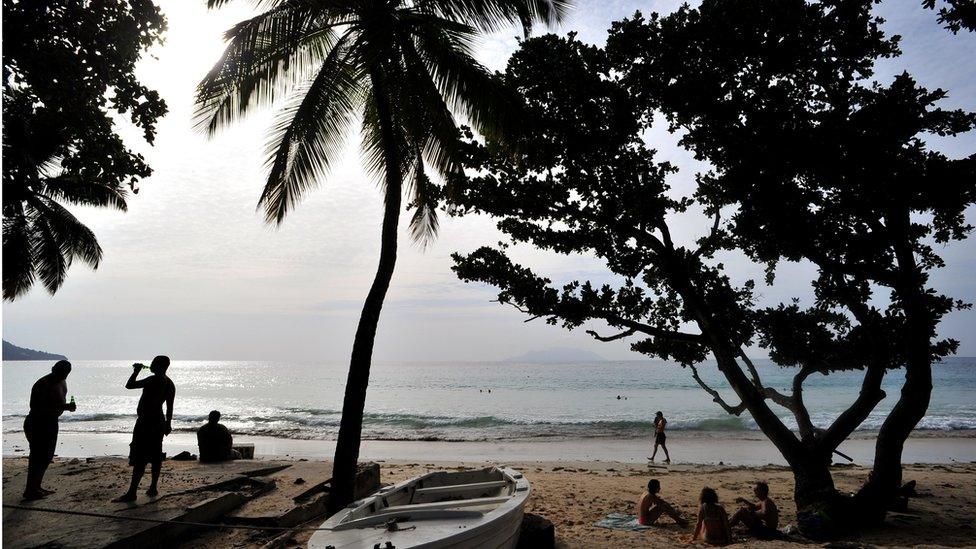
Seychelles is a favoured destination among holiday makers seeking sunshine and beaches
Media pluralism, diversity of opinion and the capacity to tackle major issues have been developing in Seychelles media over the past decade or so.
TIMELINE
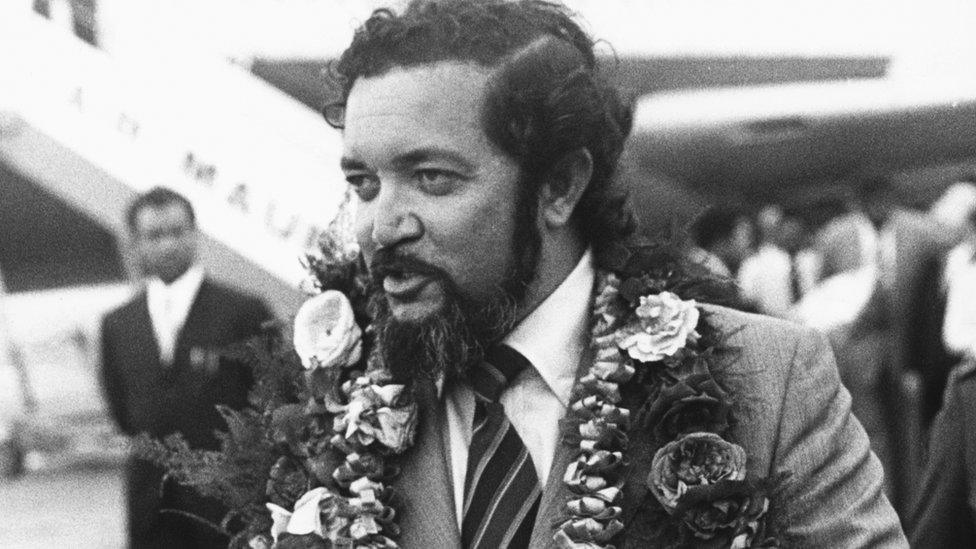
James Mancham was ousted as president. He later returned from exile to promote tourism
Some key dates in the history of the Seychelles:
1768 - French planters and their slaves begin settling in the previously uninhabited Seychelles.
1794 - Britain annexes the Seychelles during the French Revolutionary Wars. Britain's control is formalised in 1814 at the Treaty of Paris and the islands are then administered from Mauritius.
1903 - Seychelles becomes a separate crown colony.
1976 - Seychelles becomes independent and is governed by a coalition, with James Mancham as president and France Rene as prime minister.
1977 - Mancham is ousted by Rene in a coup.
1979 - Seychelles declared a socialist one-party state, which lasts until 1991.
1981- South African-based mercenaries try but fail to restore Mancham to power and an army-led mutiny is thwarted.
1986 - Attempted coup led by the Seychelles defence minister is defeated thanks to Indian military assistance.
2004 - President Rene steps down, replaced by former vice president James Michel; he wins the presidential elections in 2006.
2006 - Parliament bans political or religious organisations from running radio stations, sparking a rare outbreak of unrest.
2009 - Somali pirates move their operations southwards to Seychelles and beyond as patrols are stepped up in the Gulf of Aden. US says it will supply Seychelles with drone spy-planes to help fight piracy. France offers legal help.
Seychelles, European Union sign anti-piracy agreement which will allow EU troops to be deployed on the islands.
2016 - Seychelles becomes one of a minority of African countries to decriminalise gay sex.
2018 - Seychelles announces plans to create a marine reserve as part of a national debt swap deal which could serve as a model for future conservation projects around the world.
2020 - Wavel Ramkalawan wins the presidency in the first peaceful transfer of presidential power between different parties since independence in 1976.
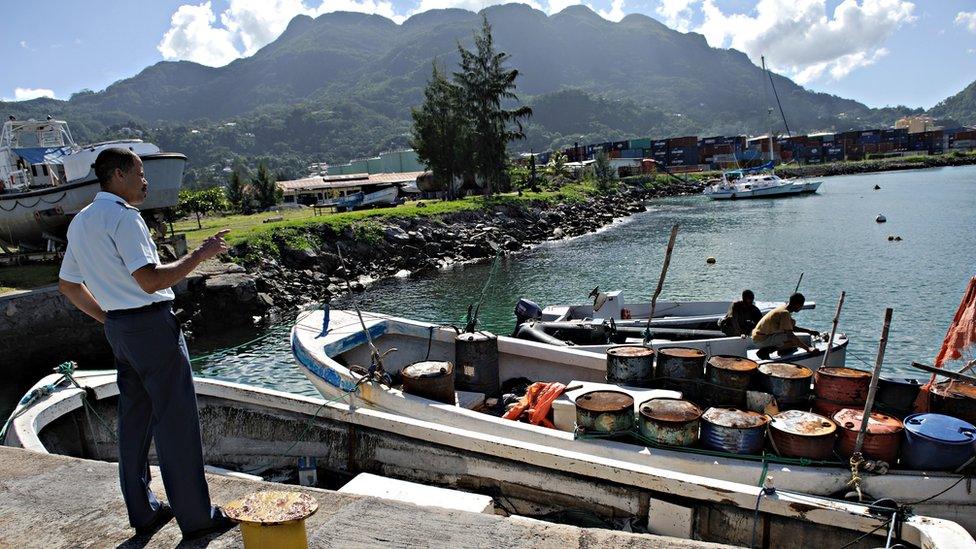
Somali pirates, using skiffs such as these ones impounded in the Seychelles, at one time preyed on sea traffic in the islands' sprawling territory
Related topics
- Published1 December 2023
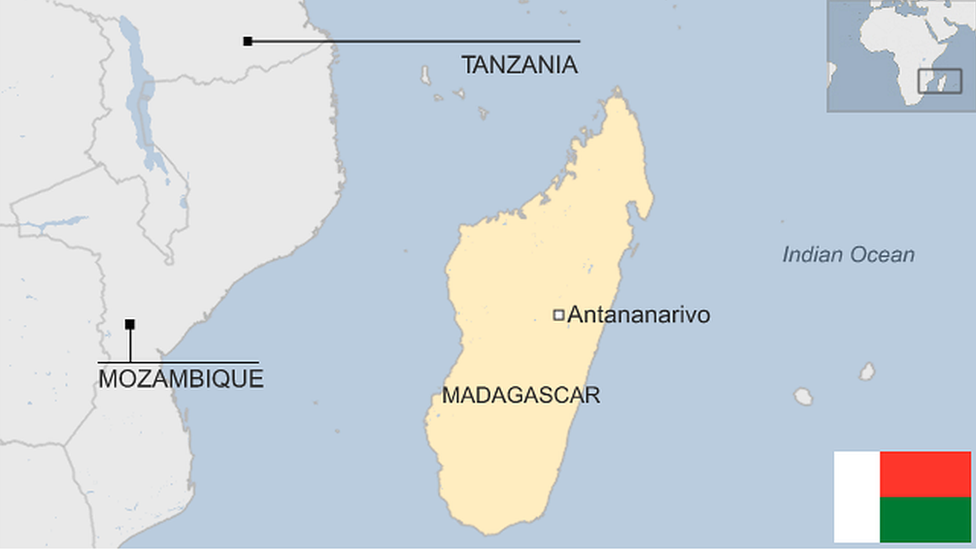
- Published19 January 2024
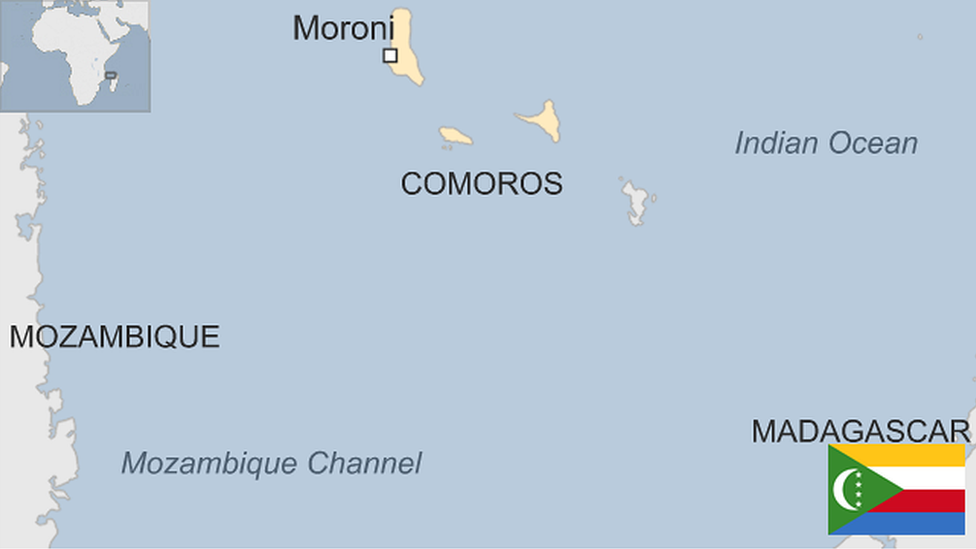
- Published10 March
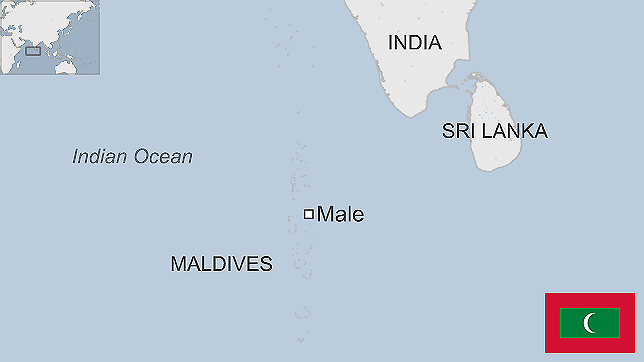
- Published9 October 2024
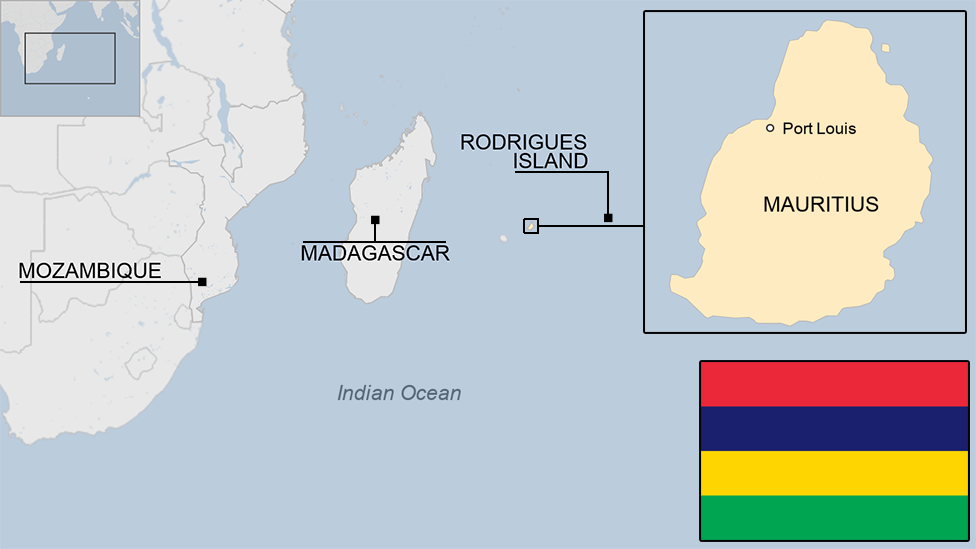
- Published19 July 2023
